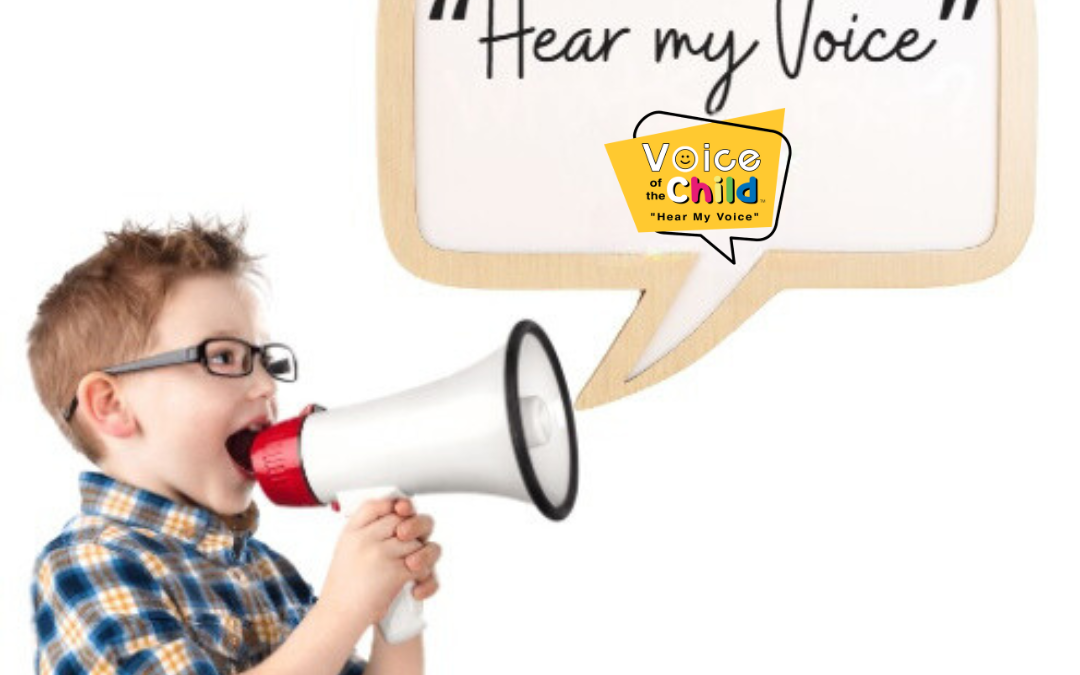The Importance of Voice of the Child Training: Empowering Practitioners to Echo Children’s Voices
In the realm of family mediation, one phrase stands out: Voice of the Child.
This concept is becoming increasingly important as families, mediators, and legal practitioners recognize the critical need to include children in conversations that affect their lives. But what does Voice of the Child really mean, and why is training in this area so essential?
Let’s explore these questions and understand how such training empowers practitioners to truly echo the voices of children.
When families go through disputes—whether involving divorce, separation or other conflicts—children often become the silent sufferers. They are directly affected by the outcomes but traditionally have had little say in the decisions made on their behalf.
The Voice of the Child approach changes this by ensuring that children are given an opportunity to express their feelings, wishes, and concerns in a safe and supportive environment.
Training practitioners in the Voice of the Child methodology is crucial because:
1. Children Need to Be Heard: Every child has a unique perspective, and it is vital that their views are considered in decisions that affect their lives. This training helps practitioners learn how to engage with children in a way that makes them feel comfortable and valued.
2. It Enhances Mediation Outcomes: By including children’s voices, mediation can be more effective and holistic. Understanding a child’s perspective can lead to solutions that are more aligned with the best interests of the entire family, especially the children.
3. It Reduces Emotional Burden: When children are excluded from these conversations, they can feel overlooked or misunderstood, which adds to their emotional distress. Having their voice heard helps validate their feelings and can reduce anxiety and confusion.
4. It Encourages Trust: Children who feel heard are more likely to trust the mediation process and the adults involved. This trust is foundational for their emotional well-being and future relationships.
5. Legal and Ethical Imperatives: Increasingly, there is recognition, both legally and ethically, that children’s views should be considered in family matters.
Who Can Attend Voice of the Child Training?
The Voice of the Child training is designed for a broad range of professionals involved in family matters. This includes:
• Social Workers: Professionals who support children and families can benefit from understanding how to facilitate voice of the child sessions.
• Counsellors and Therapists:
• Teachers and Professionals having a background working with children for many years .
What Voice of the Child Training is Not:
It’s important to clarify what Voice of the Child training does not entail:
• It’s Not Forensic: This training does not involve forensic evaluation. Practitioners are not trained to make psychological assessments or judgments about the child’s mental state or the veracity of their statements.
• No Recommendations are Made: Unlike traditional evaluative roles where recommendations might be given regarding care and contact, Voice of the Child practitioners do not provide recommendations. Their role is purely to facilitate and echo the child’s voice, not to interpret or suggest specific outcomes.
• It’s Not Therapy: It is not a substitute for professional psychological therapy. Children needing therapeutic intervention should be referred to qualified mental health professionals.
Embracing the Voice of the Child, we are not just changing the way we mediate; we are changing the way we understand and support our children, ensuring their voices lead us toward more compassionate and effective resolutions.

